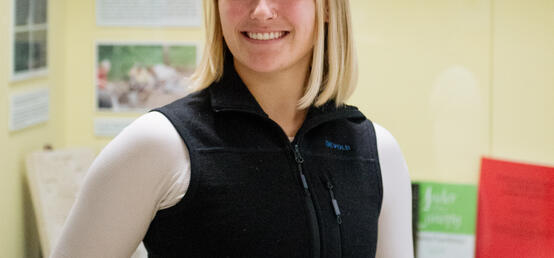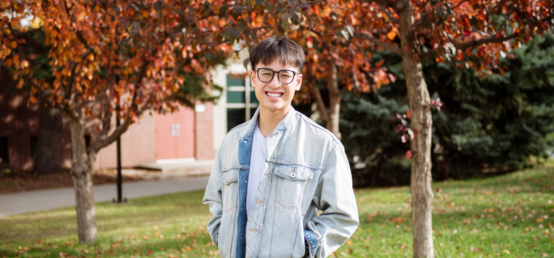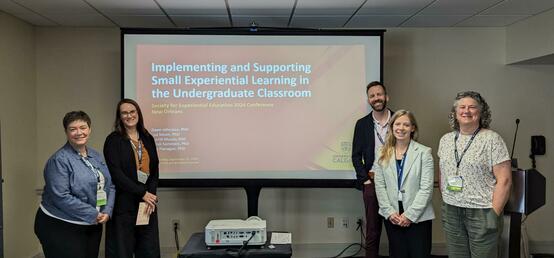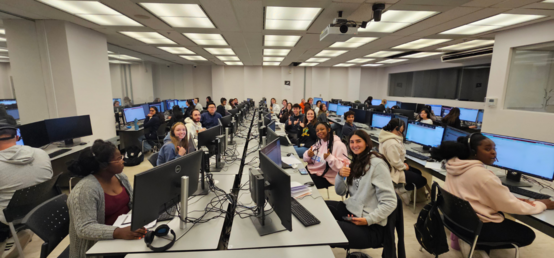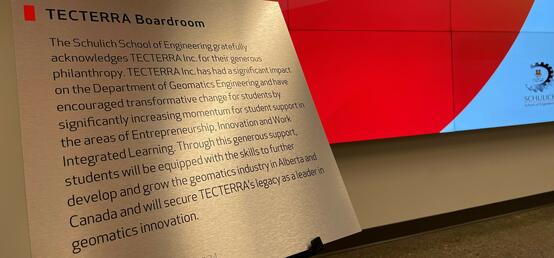The path to where I am today was completely unexpected. There was a period where I felt that I didn’t have a lot going for me. I decided to open myself to new possibilities and say yes to whatever opportunities came my way, even if they were out of my comfort zone. I’m so glad I did.
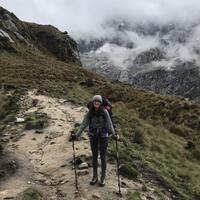
Saskia Mae-Livingstone
Bachelor of Arts, Law and Society, 2021
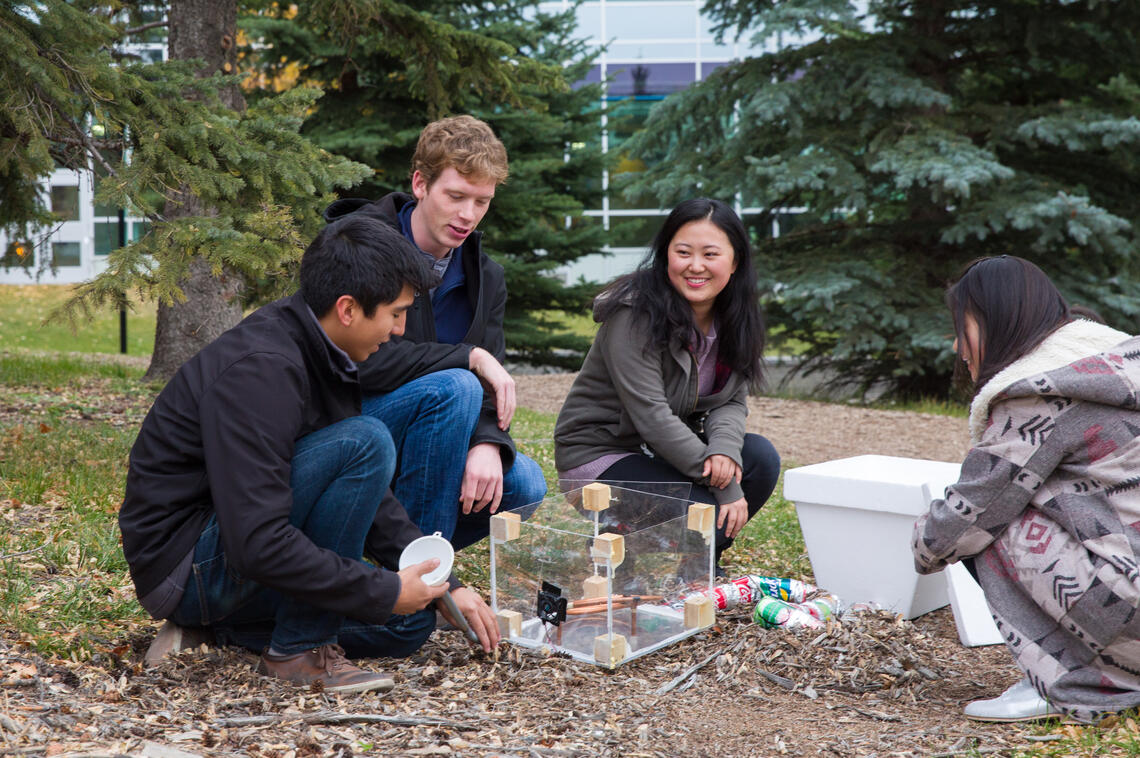
Learning beyond the classroom
At UCalgary, learning is not just lectures and essays, it's experiential learning in the classroom and beyond. It's real-world scenarios in work placements, internships, practicums and co-ops. There's experiential learning in the classroom, too, such as labs, creative activities, and classes that let you explore through practical projects and research.
Experiential learning helps you build your resume, explore career options and sets you on a path to success.
Experiential learning across campus
Guy Levesque comes full circle in new role as Hunter Hub executive director
‘The Hunter Hub is a space, both physically and psychologically, where people can create their own success’
Digging up Alberta's history: Undergraduate research project sparks enthusiasm for Plains archaeology
Sam Judson explores how to engage with the public on Alberta's archaeological sites
‘I found my passion’: How a UCalgary student discovered his Vietnamese identity through an undergraduate research project
Billy ‘Me’ Wijaya traced his family's roots over the course of a transdisciplinary undergraduate research summer studentship
Enhancing experiential learning access
Lisa Stowe, academic lead for experiential learning, explains two UCalgary initiatives for inclusive student engagement
170 UCalgary nursing students get Connect Care training over four days in pilot project
UCalgary Nursing’s partnership with Faculty of Arts and Alberta Health Services streamlines delivery of electronic health records system training for students
TECTERRA honoured for contributions toward student support and experiential learning at Schulich School of Engineering
Students say opportunities provided by partnership have been pivotal to success






